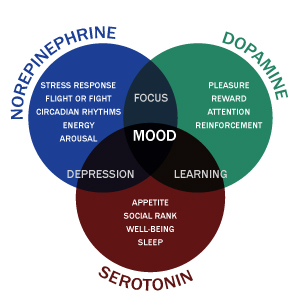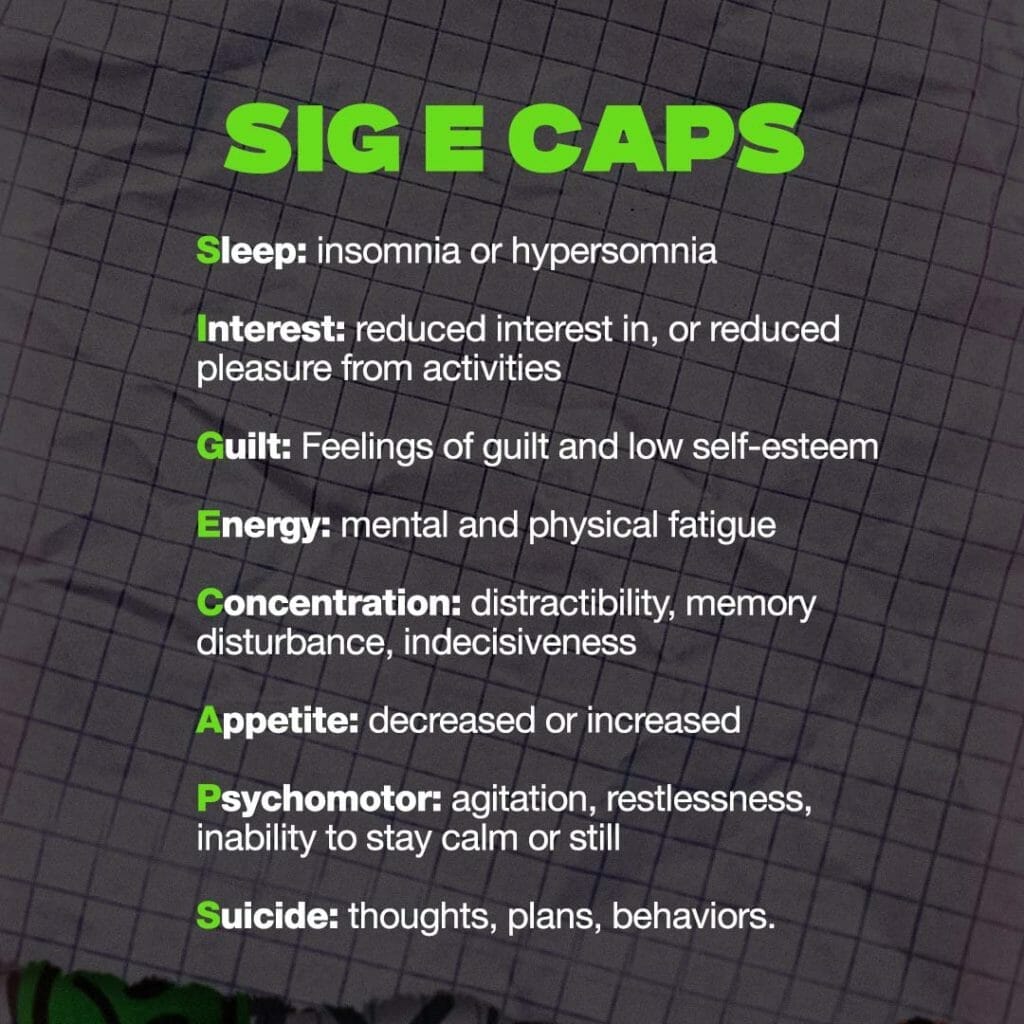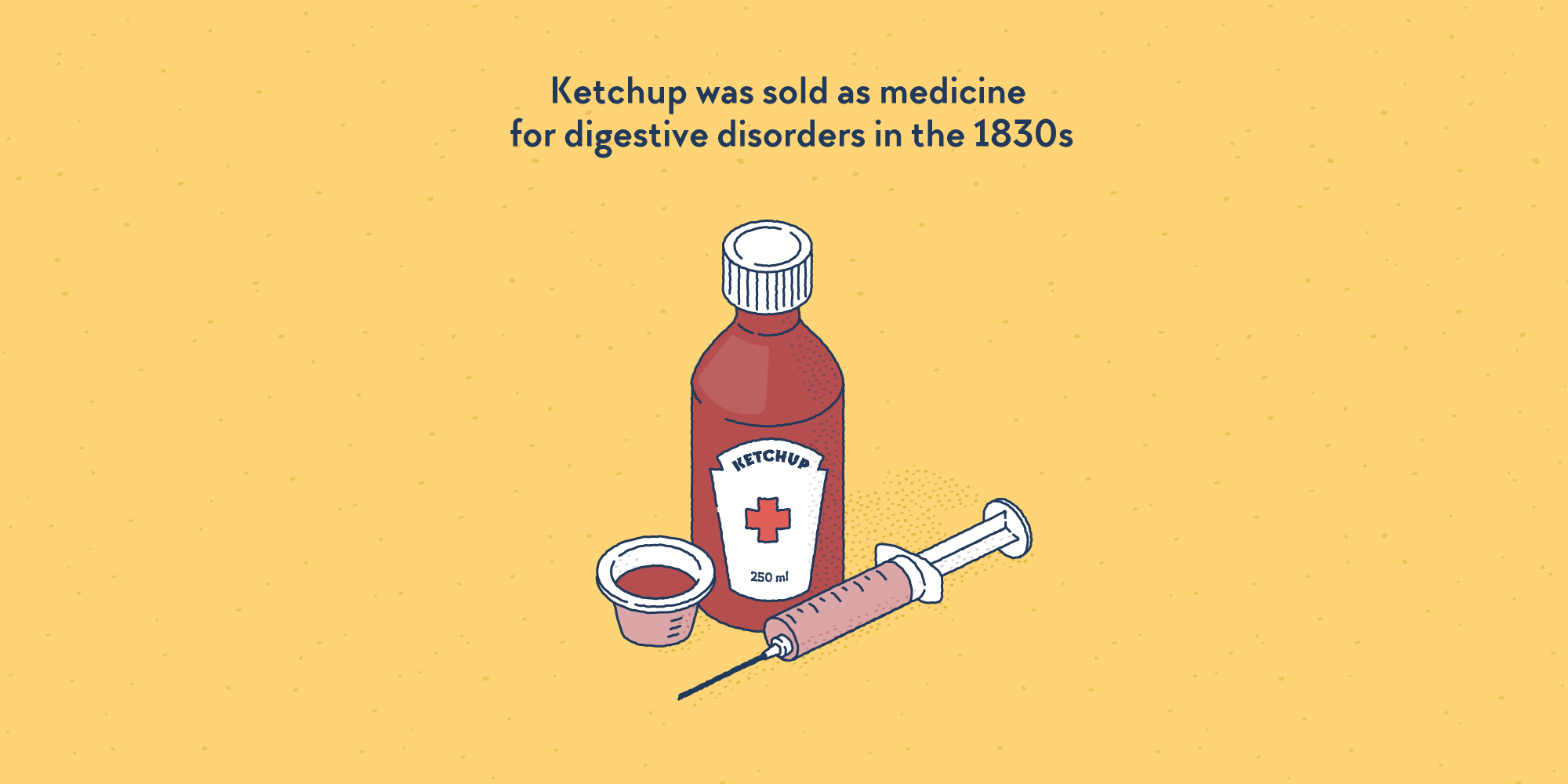One cause of depression can be an imbalance of these.
neurotransmitters (serotonin, norepinephrine, dopamine)

This medication class is typically the first-line treatment for depression.
SSRIs (Selective Serotonin Reuptake Inhibitors)
Common side effects of antidepressants.
headache, nausea, dry mouth, insomnia or drowsiness, dizziness, diarrhea or constipation, sexual dysfunction, etc.
Define medication adherence/compliance.
"Following directions or sticking to a plan; refilling your prescriptions on time and following the directions on your prescription bottle; if you take your medications the way your doctor or pharmacist explained, then you are being adherent."
Name the country that is the most visited.
France

Name a few symptoms of depression.

Examples of common antidepressant medications.
citalopram, escitalopram, fluoxetine, paroxetine, sertraline (SSRIs); duloxetine and venlafaxine (SNRIs); mirtazapine and bupropion
What should you do if the side effects of your medication are intolerable?
Contact your provider! Do not stop taking medication suddenly. Your symptoms may return; you may experience withdrawal effects; you may need to be tapered off the medication slowly.
Name one way to improve medication adherence.
Weekly pill container, set alarm on phone, pair with something you do every day (i.e. brush teeth or make coffee), enroll in automatic refill program at your pharmacy, etc.
Name the letter of the alphabet that doesn't appear in any U.S. state name.
Q
What are a few risk factors for depression?
female, low income, unemployment, concomitant psychiatric or personality disorders, medical conditions, stressful life events, first-degree relative with depression, etc.
The length of time it can take to see the full benefit of an antidepressant.
4-6 weeks
Strategies to help with nausea caused by an antidepressant.
Take with food; eat smaller and more frequent meals; suck on sugarless hard candy; drink plenty of fluids; take Tums as needed; talk to your provider about a dosage change or a slow-release form of the medication.
The outcome of stopping your medications "cold turkey."
Withdrawal - You should contact your provider when considering stopping a medication so they can help you safely get off the medication and minimize withdrawal effects (or potentially provide another medication option).
T/F: Australia is wider than the moon.
True - The moon sits at 3400km in diameter, while Australia’s diameter from east to west is almost 4000km.

Which mental health condition is commonly associated with depression?
Anxiety
A rare but serious drug reaction that can be caused by medications which build up high levels of serotonin in the body.
serotonin syndrome

Strategies to help with the drowsiness side effect of antidepressants.
Take a short nap during the day; physical activity, such as walking; avoid driving until the drowsiness passes; take your antidepressant at bedtime; talk to your provider about adjusting dose, etc.
Explain what to do if you miss a dose of your medication.
Take it as soon as you remember unless it's close to the next dose - do not double up!
Name the only continent that is in all four hemispheres.
Africa

Aside from medications, these are other ways to help with depression.
therapy, exercise, nutrition, meditation, sleep, social support, etc.
Name the antidepressant: no sexual side effects, can help with smoking cessation, and is contraindicated in patients with a seizure disorder or conditions that increase the risk of seizure (i.e. anorexia nervosa).
bupropion (Wellbutrin)
The length of time that antidepressant side effects typically last.
~2 weeks, though most go away within a few days.
What percentage of American adults are adherent to their medications?
~50%
"Some research indicates that around 50% of patients with chronic conditions either miss doses, take incorrect amounts, or discontinue treatment within the first year."
Name the condiment that was once sold as medicine.
Ketchup - The condiment was prescribed and sold to people suffering with indigestion back in 1834.
